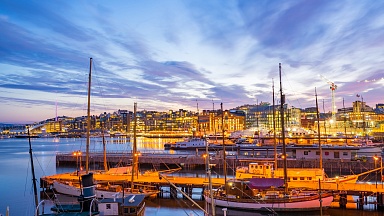Russian Railways reported a 22 per cent drop in timber volumes in 2022. The percentage corresponds to 11 million tonnes less than in 2021. «The domestic timber industry ran into major challenges last year when the global timber market worsened. Also, as we are all aware, the European market was closed to our companies. As a result, all of the above has led to a decrease in output», commented Putin during a meeting with sector representatives.
Additional support but maybe not enough
The decision to increase subsidies for timber transport was taken during the meeting mentioned above. Kremlin already provided the industry with annual subsidies of 300 million rubles which will now reach 500 million rubles. The logistics subsidy aims to boost timber transport by rail, especially in the North-West region of Russia. With stronger rail logistics, timber products will find their way easier to the region’s ports, which Russia aims to utilise to boost the product’s exports.
However, as Vladimir Butorin, head of the Russian logging company ULK, put it, the new subsidy covers 7 per cent of the logistical expenses of timber companies. Before the meeting with Putin, Butorin had proposed a subsidy scheme that would cover at least 50 per cent of transport costs. Nevertheless, his request was not met by the Russian government.
In response, Butorin discussed with Putin the possibility of a different support distribution scheme, namely to distribute «transportation subsidies to all timber companies in equal proportions quarterly». It is unclear whether his proposal will be considered. Simultaneously, though, Russian Railways is negotiating with the government the possibility to prioritise timber transport by rail in the coming months, a development that could prove incentivising and helpful for timber companies.



